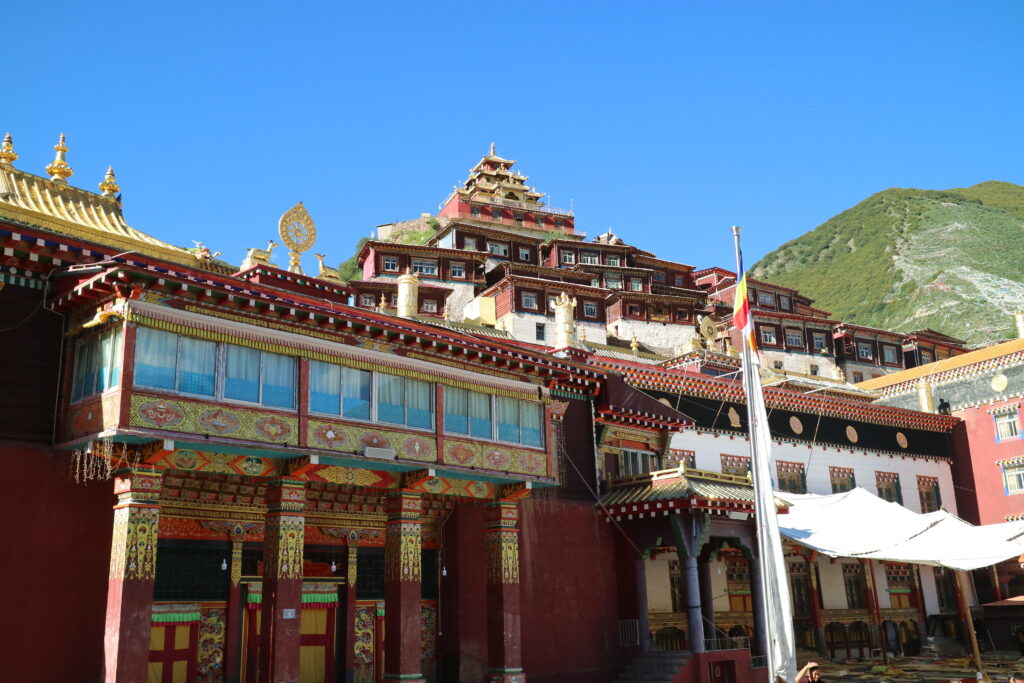
Palyul Monastery, also known as Pal Yul Namgyal Jangchub Ling, is one of the six main monasteries of the Nyingma school of Tibetan Buddhism. It is located in Sichuan Province, China, in the Kham region, which is historically eastern Tibet. Founded in 1665 by Rigdzin Kunzang Sherab, Palyul Monastery holds great religious significance as a center of learning, meditation, and spiritual practice within the Nyingma tradition.
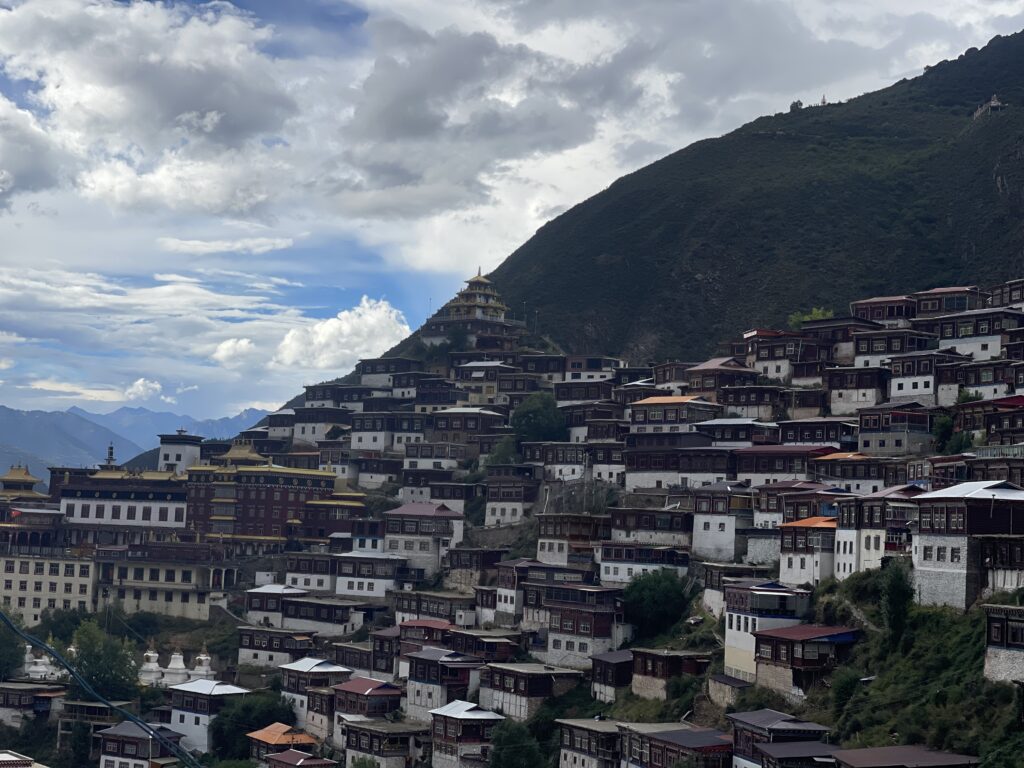
Palyul Monastery was founded in 1665 by Rigdzin Kunzang Sherab, one of the most renowned Nyingma masters. He was invited to the region by the local ruler and was given a location to establish the monastery, which soon became a major spiritual and educational center. The monastery quickly gained fame for its teachings in Dzogchen, the highest spiritual practice in the Nyingma tradition, which focuses on realizing the nature of mind. Palyul has also been historically important in spreading Nyingma teachings to other regions, and its influence has extended beyond Tibet, with branches established in other countries, including India, the United States, and Taiwan.
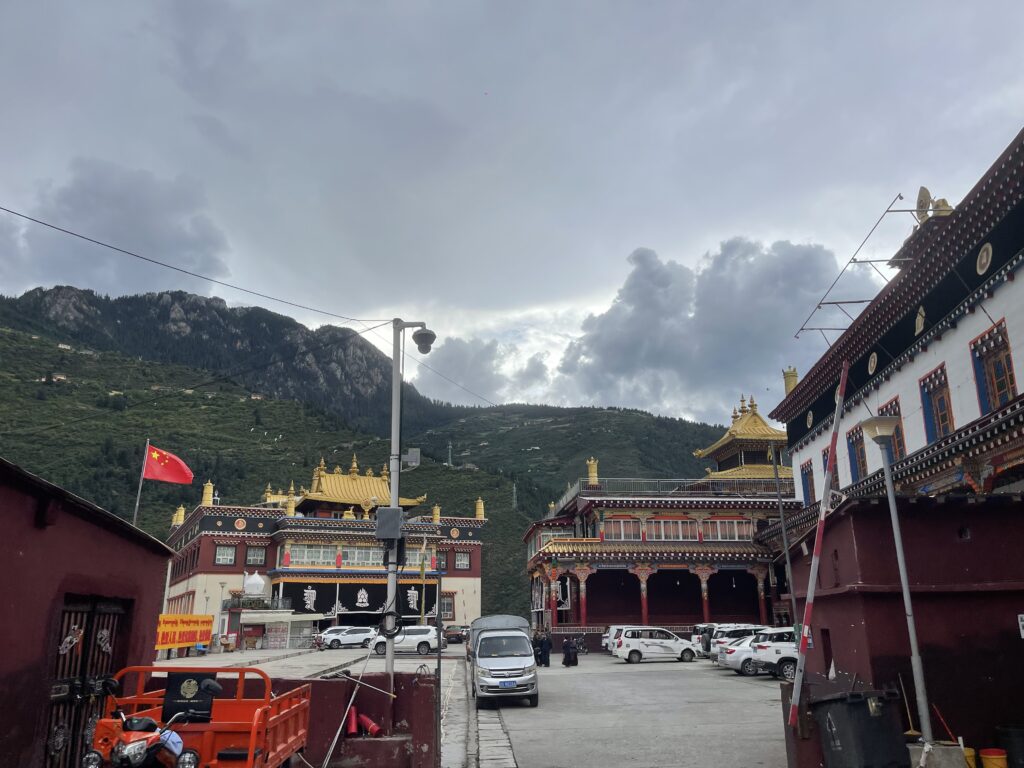
Palyul Monastery is known for its emphasis on the Dzogchen tradition, which is a core aspect of the Nyingma school’s teachings. Dzogchen, or “Great Perfection,” is a practice aimed at realizing the primordial nature of the mind, which is inherently pure and luminous.
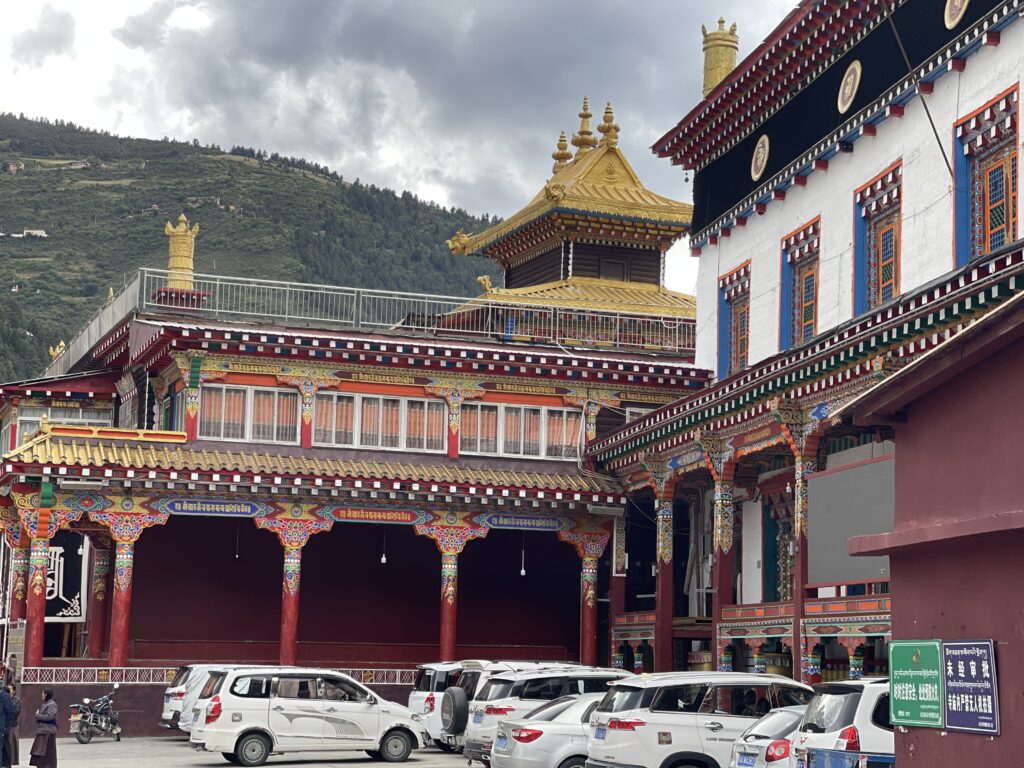
Many of the monastery’s key practices and rituals are based on termas (hidden treasures) revealed by famous Nyingma masters, particularly those connected with the great terton Jigme Lingpa.
The monastery offers extensive training for monks and nuns in sutra (scriptural study), tantra (esoteric practices), and Dzogchen meditation. It has long been a center for spiritual practice and retreat for serious practitioners.
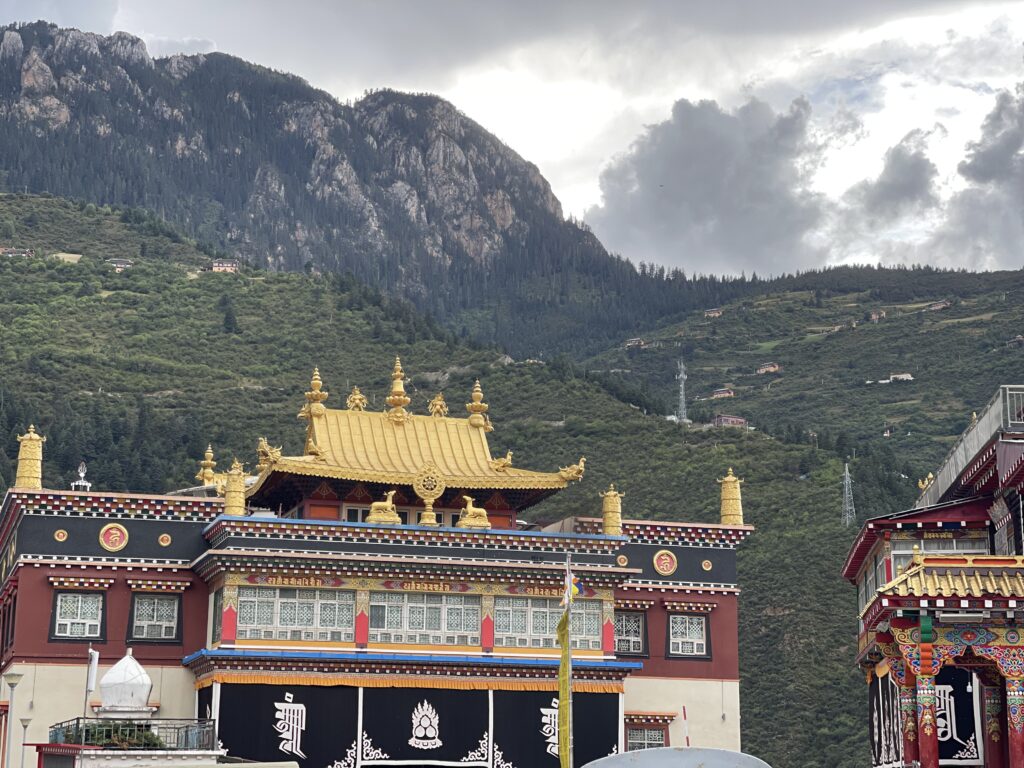
The Palyul lineage is one of the most important lineages within the Nyingma school. Since its founding by Rigdzin Kunzang Sherab, a series of great masters have led the monastery, passing down teachings from generation to generation. Each head of the Palyul Monastery is known as the Penor Rinpoche. The most recent head, Kyabje Drubwang Penor Rinpoche, was instrumental in expanding the monastery’s influence and establishing Palyul centers internationally. After his passing in 2009, the current head of Palyul Monastery is Karma Kuchen Rinpoche, who continues to uphold the lineage and its teachings.
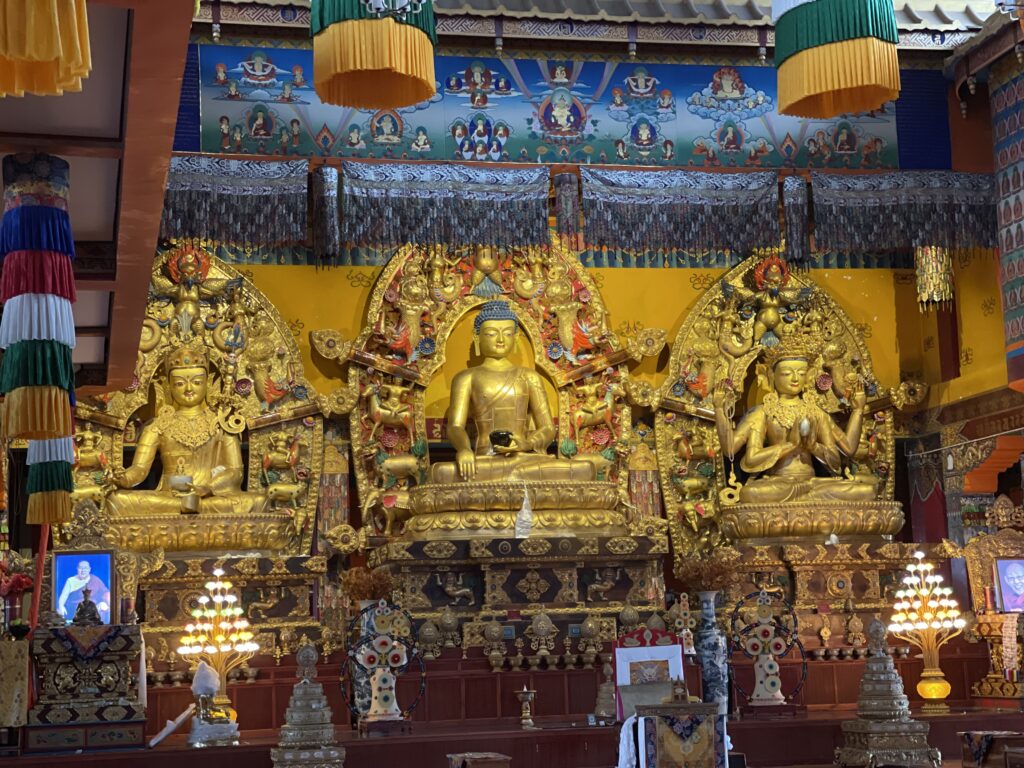
Palyul Monastery is home to numerous religious festivals, the most famous being the Drupchen, a large-scale tantric ritual where monks engage in continuous recitation of mantras, prayers, and rituals for several days. The Palyul Drupchen attracts thousands of pilgrims and devotees each year, who come to participate in the blessings and spiritual activities.
Another important aspect of the Palyul tradition is the annual summer retreat, known as the Nyenney retreat, during which monks intensify their study and practice.
 Tibet World Travel Tibet Tour, Tibet Trip, Tibet Travel, Tibet Train, Tibet Trekking,
Tibet World Travel Tibet Tour, Tibet Trip, Tibet Travel, Tibet Train, Tibet Trekking,
